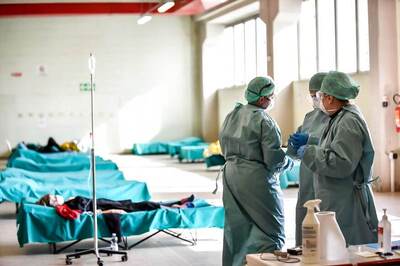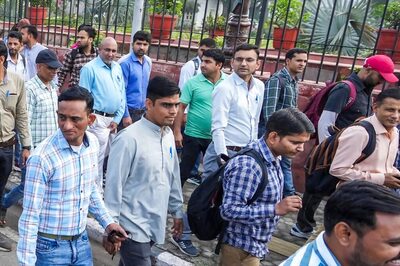
views
KOTTAYAM: The strong opposition of the Kerala government to genetically modified (GM) rubber plants is bound to hit the productivity of natural rubber in the country. The Centre has given clearance to the Rubber Board to cultivate GM rubber on a trial basis. But, it has added a rider to seek permission from the respective state governments to conduct the trial, a top scientist in the Rubber Board said. The state government had said that it was against promoting GM crops and refused to grant a no-objection certificate.It was the LDF government which first opposed the move. Now, the UDF government has also taken the same stand. This has come as a blow to the board, which was all prepared to conduct the trials in Pathanamthitta.The Central Government had accorded clearance to conduct trial cultivation in Kerala and Maharashtra. Contrary to Kerala government’s stand, the Maharashtra government has formed a committee to study the issue, the scientist said. The board is confident of getting a favourable reply from the state. India is the first country to successfully develop GM rubber plant. The board had developed the plant with the hope of increasing productivity. The GM rubber trees could be tapped in 5 years after their planting, the sources said.The conventional method of planting takes about eight years to give yield. Malaysia has the ideal climate for rubber cultivation, which facilitates starting of tapping in five years, under conventional tapping method. This is because the trees receive adequate light and rains there. On the other hand, in Kerala, during rainy season the trees receives deficient sunlight and in summer, the amount of rainfall is less. In these circumstances, banking on GM crops is essential to increase the productivity, the scientist said.The decreasing area of cultivation and other negative factors have slightly affected the output in the country. If the government did not change its policy towards GM rubber, it will negatively affect the country’s economy.




















Comments
0 comment